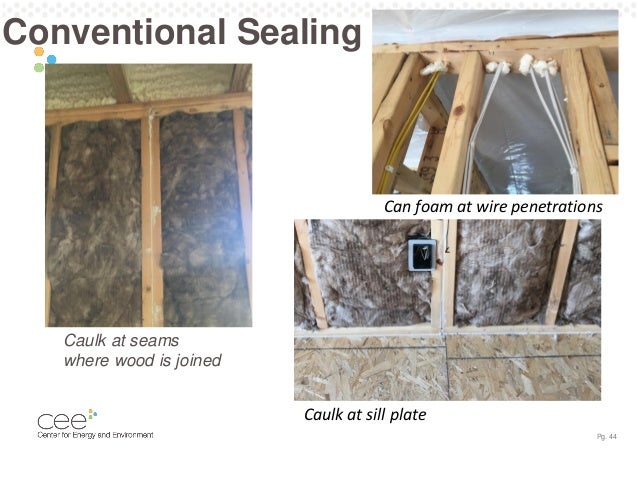Fasten the sill plate to the concrete slab following the recommendations of the local building code.
Best caulk for sill plate.
Some codes require that the sill plate be bolted to the slab while others recommend a metal.
Sill sealer is a pliable foam product that is available in varying widths up to 10 inches wide.
Latex caulking can harden and crack and pure silicone caulking can pull away from the masonry if it becomes wet.
Over time it can crack and chip allowing water to seep or.
In this article we will go over typically caulked areas on the exterior typical northwest style homes and also areas that should never be.
Stuff a wad of fiberglass insulation into each opening to support the foam as it hardens see figure a in the horizontal callout.
One option for improving the air seal if you use conventional sill seal is to seal from the inside with high quality polyurethane or a siliconized acrylic caulk formulated for adhering to concrete.
Ordinary foam sill sealer works best as a capillary break but it doesn t always work so well as an air seal.
A filler similar to caulk is generally used to seal these gaps between the sill plate and foundation when the home is constructed.
If you have a concrete block foundation also seal the openings on top with expanding foam.
Use around the perimeter of windows to help seal the window to the header sill jack stud and jamb.
Best uses for silicone sealants silicone is very flexible and acts as a water and moisture repellant making silicone sealants the best caulk for windows and bathrooms.
Flexible foam sealant designed for use on both wood and masonry is the best type of caulking for sealing the sill plate.
If you have a solid concrete foundation also run a bead of caulk where the sill plate meets the concrete.
In other words caulking is applied where moisture would otherwise penetrate and cause deterioration.

